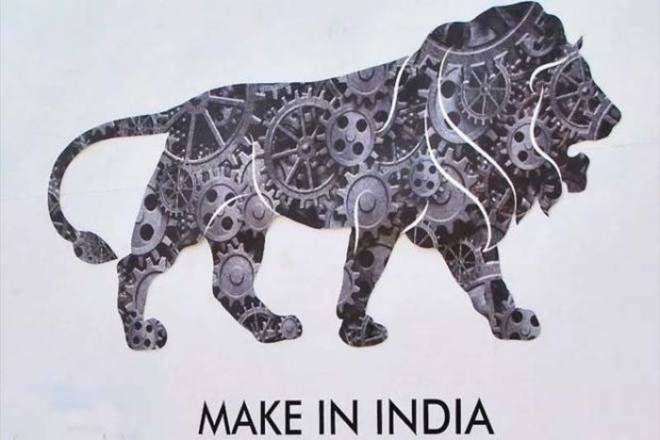By R Gopalan
India’s socio-economic development should be the priority of every citizen – individual and corporate alike. Indian corporate entities that are involved in any form of manufacturing or production should prioritise their actions towards national interest before other priorities. To realise the government’s vision of Make in India, the country needs the support of every corporate citizen that uses the nation’s assets to lend a hand in the process of nation building. Unfortunately, recent events in the alumina and aluminium sector in Odisha is damaging national economic interest.
Aluminum is a strategic metal. India is fast catching up with the world in realising the potential of the metal, its utility in energy security, aerospace, defence, infrastructure and automobile, and its adoption for government initiatives like Smart Cities, Power for All, and its indigenous space programme. For it to use aluminium in a cost-effective manner, India needs to reduce its reliance on overseas markets and focus on building domestic capacity to achieve self-sufficiency.
One primary resource that goes into aluminium manufacturing is alumina. Nalco is the largest producer of alumina in the country. Nalco mines over 6.8 million tonnes of high quality bauxite from the Panchpatmali hills of Koraput district in Odisha which serves as feedstock to its 2.2 MTPA alumina refinery at Damanjodi.
Also read: India’s love for Maaza saves the day for Coca-Cola’s slow performance in Middle-East
The company’s aluminium smelter at Angul has a capacity of 0.46 MTPA; the company creates a surplus of nearly 1.3 MTPA. This surplus capacity is directly sold off to foreign buyers. Over the past few years, Nalco has been steadily exporting more than 1 million tonne of alumina to countries like Iran, Egypt, UAE, China, Indonesia, Malaysia and many more.
It is difficult to comprehend why Nalco is exporting alumina without considering the importance of creating value for the nation. For example, there are large aluminium producers like Vedanta who depend on imported alumina for production.
If Nalco considers to sell alumina to these domestic producers instead, it retains the export benefits it derives as part of the export promotion. This is because companies like Vedanta is willing to participate in the tender process through their SEZ units that allow Nalco to access all benefits through the SEZ Act, 2005. It also ensures that the country does not lose foreign exchange gains and additionally, the economy stands to save on freight cost.
The economy’s objective, which is at the cusp of achieving high industrialisation, rapid investment and regional growth, will not be fulfilled by denying domestic producers access to raw materials. Minerals and metals like bauxite, coal, alumina are part of a nation’s wealth. There is no good reason to deny any Indian company the right to buy alumina from Nalco.
The Constitution of India, through Article 14, provides for equality before the law or equal protection within the territory of India. In this context, if an Indian corporate citizen is not allowed to participate in the sale process of domestic asset like alumina, it can be seen as denial of fundamental rights and therefore violation of the
constitution.
In fact, in a comment made when he held the portfolio of ministry of mines, Piyush Goyal, minister of railways and coal, had succinctly captured the problematic prioritising of export of raw materials when he said, “I made a study to understand why and I was taken aback by the fact that we are producing alumina, the raw materials for aluminium, in large volumes but exporting it to other countries instead of adding value in India and selling finished products”.
The Odisha High Court’s judgment of March 26, 2019, in the matter of Vedanta Limited and Another vs National Aluminium Company Limited, where it upheld that Vedanta can participate in the tender process, further consolidates Goyal’s view.
If domestic producers cannot access domestic alumina, it will hurt India’s ability to build indigenous capacity. It will also create a situation where the state of Odisha—the guardian of the bauxite mines that Nalco explores—will lose out.
This is because by denying access, Nalco is hurting the state’s ‘Make in Odisha’ vision and stifling socio-economic development of the region. Jeopardising industrial development of Odisha can effectively put jobs of more than 20,000 people at risk. Sensing the seriousness, in fact, more than 12,000 people from various spheres of society made a representation to the state government, requesting for Vedanta’s participation in the tender process.
It will be the endeavour of the economy to ensure that domestic production is encouraged to fulfil the objective of Make in India. The comment of a senior minister and a state high court’s decision show that there is a need for authorities to come together to set an example that will ensure India’s national assets are used for the purpose of nation-building above all else.
The author is former economic affairs secretary


